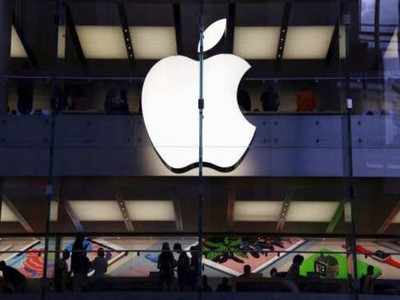“I don’t know the specifics of that situation,” Mr. Bezos replied.
At another point, Mr. Pichai, asked to explain whether it was anticompetitive for Google to threaten to delist Yelp if it didn’t allow the company’s search engine to use its listings in its featured snippets, said he was “happy to engage and understand the specifics” at a later date. Yelp has complained publicly about Google’s search engine for years.
And confronted with emails acquired by House investigators in which Apple employees promised to fast-track a company through its App Store approval process — a seeming contradiction of Mr. Cook’s assertion that it treated all developers equally — Mr. Cook responded, “I don’t know about that, sir.”
Give the executives this: It’s hard to have nuanced conversations about complex and often technical topics in front of an audience of hostile politicians, some of whom seemed more interested in generating fiery clips for their Facebook pages than investigating antitrust concerns. And the panel’s format — rapid-fire rounds of questioning conducted over video conference, with each member given only five minutes at a time to question the witnesses — nearly guaranteed that the conversation would remain surface-level.
In addition, many Republican members of the subcommittee seemed to have no interest in antitrust issues at all, preferring instead to ride partisan hobby horses like claims of anti-conservative bias on social media.
But many Democratic members came armed with real, substantive questions that deserved a fuller airing. The executives’ choice to sidestep these questions — or their inability to answer before being cut off — may signal that they still believe they can run circles around Congress without engaging in hard, detailed conversations about how they exercise their power.
That may have been a reasonable conclusion to draw after the past several years, a period in which Silicon Valley giants added hundreds of billions of dollars in market value while Washington barely gave it a passing glance. Despite plenty of clamoring, lawmakers have failed to pass any meaningful privacy or data protection laws during President Trump’s time in office, and Mr. Trump has shown little interest in any tech regulation that does not involve his own Twitter account.
But it is less clear that a say-nothing strategy will continue to work, now that lawmakers have begun doing their homework. Sure, some members of Congress may still need their iPhones explained to them, but there is real expertise on Capitol Hill that wasn’t there even a year ago, and new allies who are willing to give Congress the ammunition it needs.
Source link



